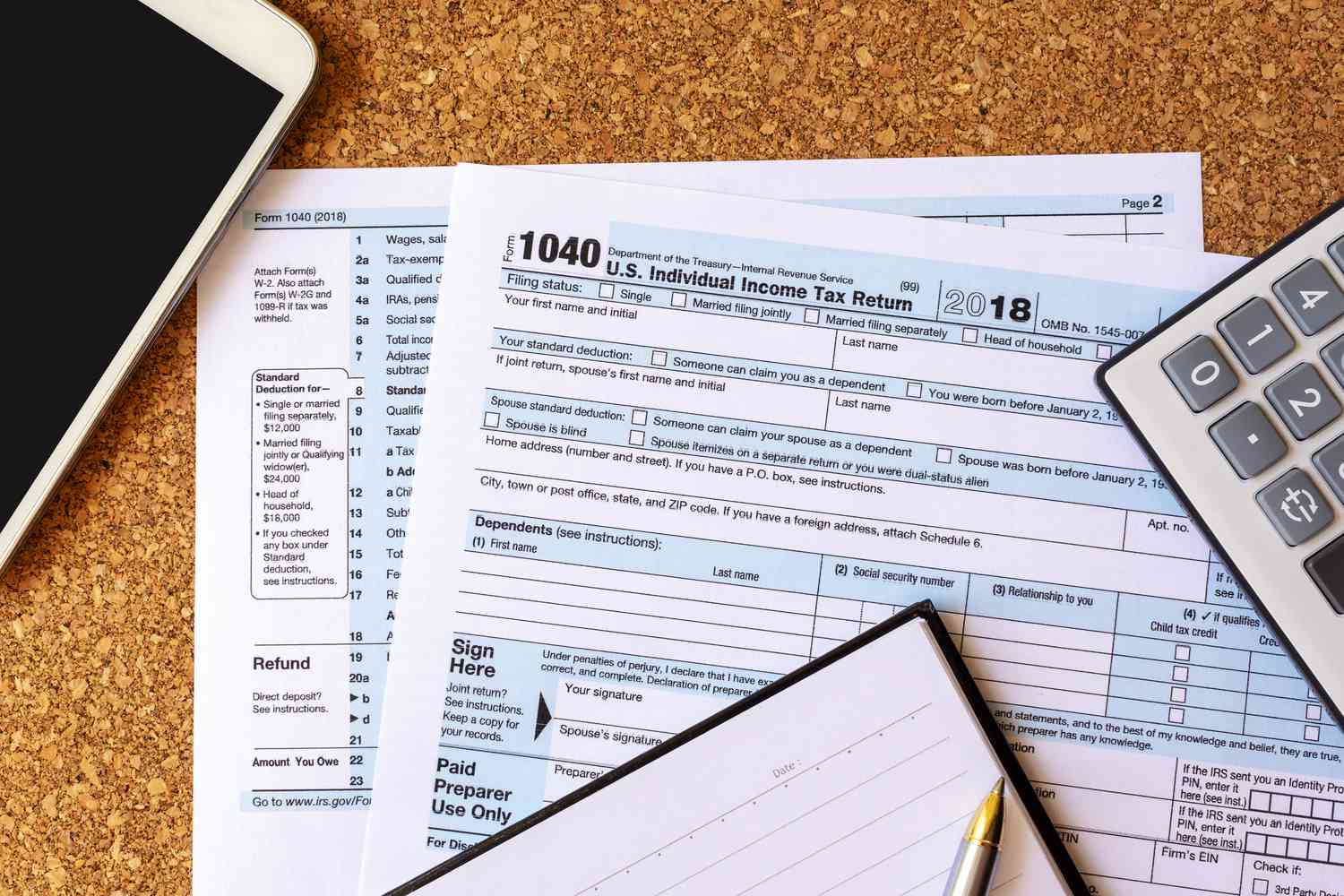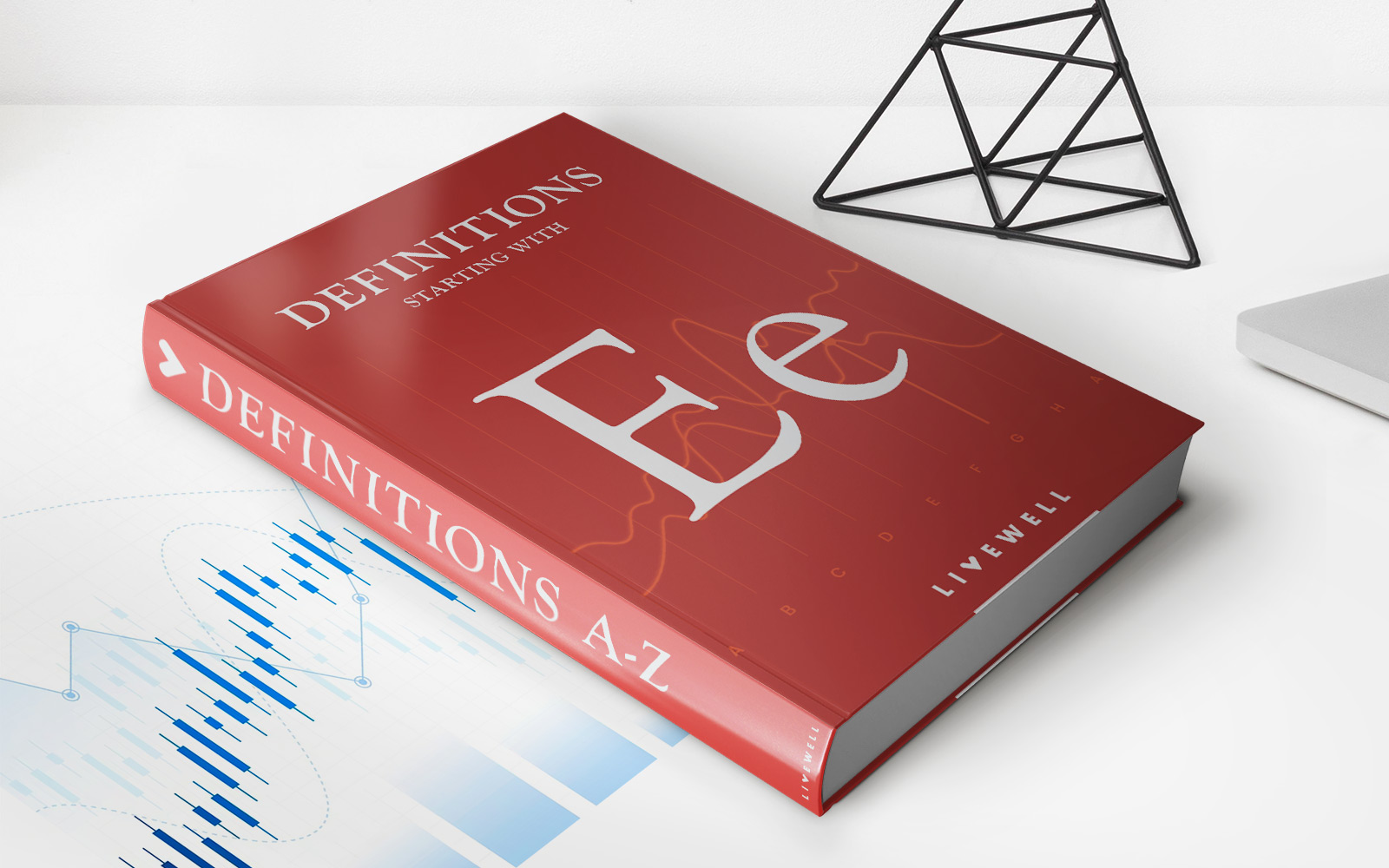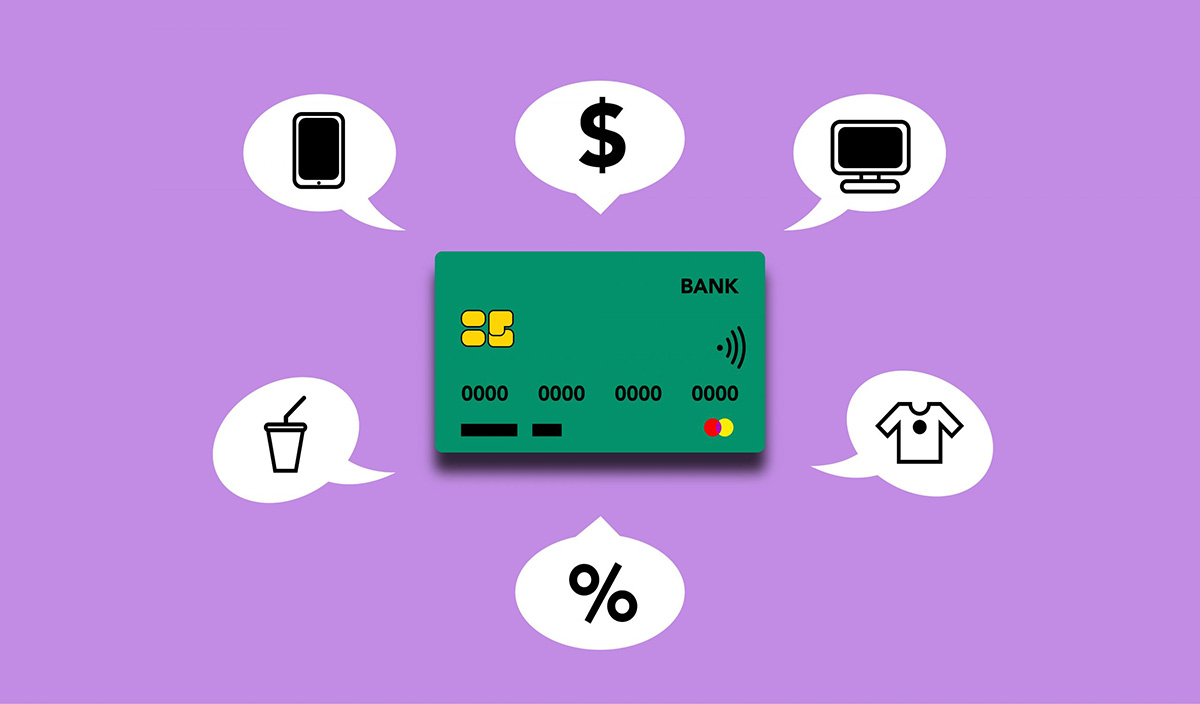

Finance
Deficiency Agreement Definition
Published: November 9, 2023
Learn the definition of deficiency agreement in finance and how it impacts borrowers and lenders. Discover key insights on resolving debt issues in this comprehensive guide.
(Many of the links in this article redirect to a specific reviewed product. Your purchase of these products through affiliate links helps to generate commission for LiveWell, at no extra cost. Learn more)
Understanding Deficiency Agreement in Finance
Hello finance enthusiasts! Are you familiar with the term “Deficiency Agreement”? If you’re not, don’t worry! In this blog post, we will dive into the world of finance and explain what a deficiency agreement is, and why it’s important to understand in the realm of personal finance and lending. So, grab your coffee and let’s get started!
Key Takeaways:
- A deficiency agreement is a legal contract that determines how a lender will handle the remaining balance on a loan if the borrower fails to repay the full amount.
- This agreement is usually used in situations where the collateral (such as a house or car) is sold, but the proceeds are not enough to fully cover the outstanding loan balance.
A deficiency agreement, in simple terms, is a contract that outlines what happens when a borrower cannot fully repay their loan and the collateral is sold. Let’s say you took out a loan to buy a car, but due to financial difficulties, you couldn’t keep up with the payments and the lender decided to repossess and sell the car. If the proceeds from the sale are not enough to cover the remaining loan balance, a deficiency agreement would determine how that remaining balance would be handled.
Now, you might be wondering why this is important. Well, understanding deficiency agreements can be crucial in navigating financial situations, especially when dealing with the possibility of foreclosure or repossession. Knowing what to expect and how a deficiency will be handled can help you prepare and potentially minimize the impact on your credit score and financial standing.
Here are a few key points to keep in mind about deficiency agreements:
- Legal document: A deficiency agreement is a legally binding document that both the borrower and lender must adhere to. It outlines the terms and conditions regarding the remaining loan balance after collateral has been sold.
- Debt resolution: This agreement helps establish a plan for debt resolution, determining how much the borrower would have to pay or negotiate with the lender to settle the remaining balance.
- Protection for lenders: From a lender’s perspective, a deficiency agreement helps protect their interests by ensuring they have a legal pathway to recover the remaining debt.
- Credit implications: Not fulfilling the terms of a deficiency agreement can have negative consequences on your credit score and financial future.
As with any legal document, it’s essential to thoroughly understand the terms and conditions of a deficiency agreement before signing. Consulting with a financial advisor or seeking legal advice can provide the knowledge and guidance needed to make informed decisions.
So, next time you come across the term “deficiency agreement” in the world of finance, you’ll be equipped with the knowledge to understand its significance and implications. Remember, being well-informed about financial matters is a valuable asset on your personal finance journey.
We hope this blog post has shed some light on the topic of deficiency agreements. If you have any questions or would like to share your thoughts, please feel free to leave a comment below. Until next time, stay financially savvy!














